Some people say foods like soy, dairy and certain fats might lower testosterone, but there’s not much research on it. On the flip side, staying at a healthy weight and exercising regularly can help raise testosterone levels naturally.
What you eat can really affect your health, including how your hormones, like testosterone, work in your body. This article will examine the impact of your diet on testosterone levels and identify which foods may influence this effect.
You should also read the following articles:
- Essential Oils for Sex Drive: Your Natural Aphrodisiac Solution.
- Does Creatine Cause Erectile Dysfunction? Unraveling the Facts.
- Does Green Tea Boost Testosterone? The Benefits of Green Tea.
What Foods are Testosterone Killers?
While no single food can dramatically lower testosterone levels by itself, it’s interesting to note that certain eating habits and specific foods have been linked to lower testosterone levels or hormonal imbalances if eaten in large amounts.
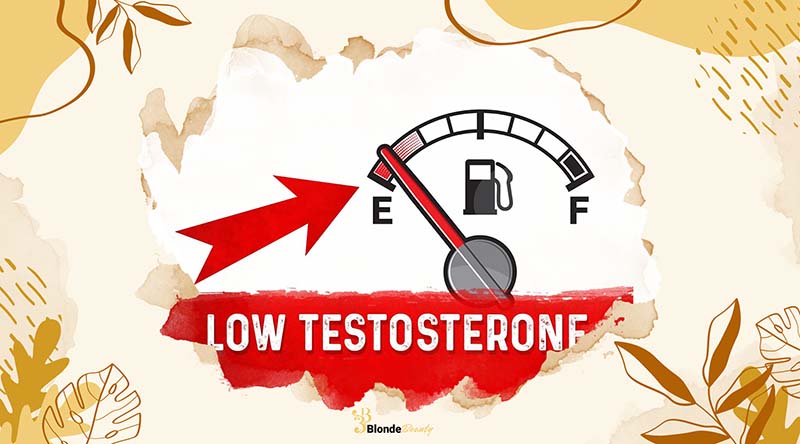
Here’s a detailed look at foods and dietary elements that could contribute to lower testosterone levels or hormonal imbalances when overindulged:
Dairy
Before reaching for that cheese platter or glass of whole milk, consider this: studies suggest that dairy products might lower testosterone levels.
Milk from pregnant cows, commonly used in commercial products, contains estrogen and progesterone, which can suppress hormones needed for testosterone production.

Trans Fatty Acids
Found primarily in processed foods, trans fats, especially artificial ones, are widely recognized as harmful. Research indicates that a high intake of trans fatty acids is associated with lower testosterone levels.
Baked Goods
Consuming high amounts of baked goods, particularly bread and pastries, has been linked to lower testosterone levels in men, according to a 2018 study.
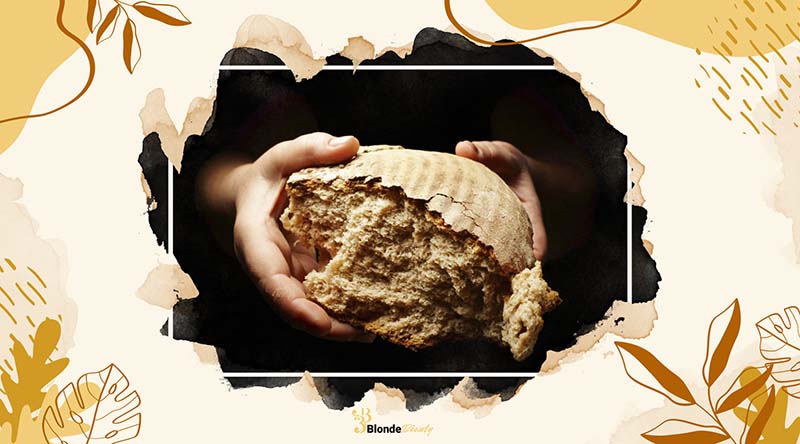
Sugar
Excessive sugar intake might influence testosterone levels. Studies suggest that men who consume large quantities of sugary beverages are more likely to have low testosterone levels.
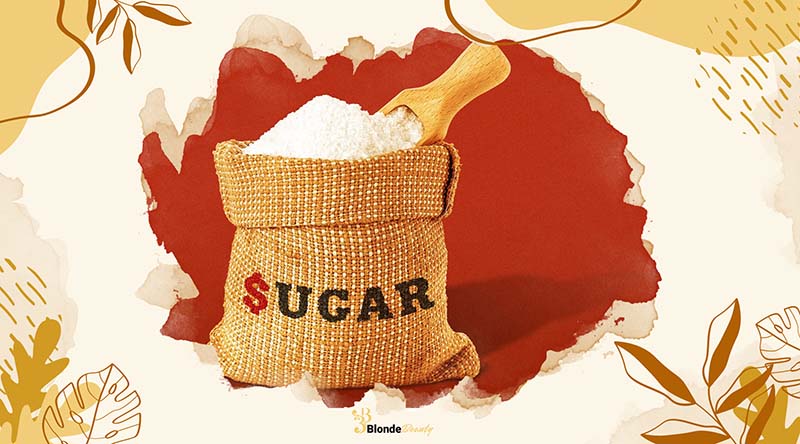
Soy
The impact of soy on testosterone levels is a subject of debate. Soy is high in phytoestrogens, which may affect hormone levels. Some studies suggest a potential decrease in testosterone levels with soy consumption, while others show conflicting results.
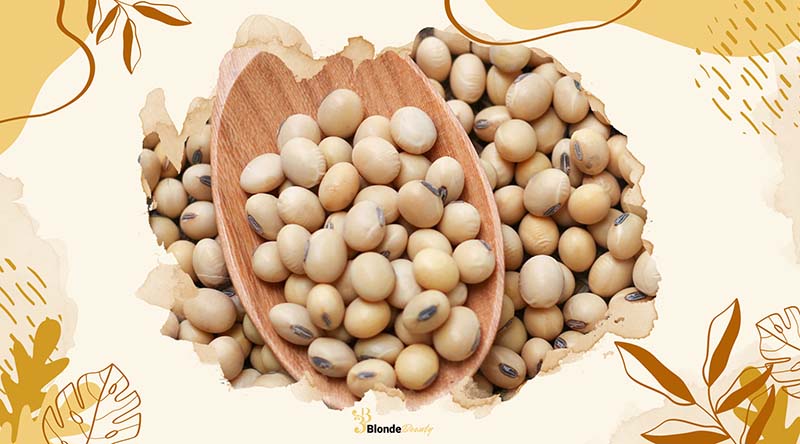
Nuts
Walnuts and almonds may increase the production of a substance called sex hormone-binding globulin (SHBG), which can lower free testosterone levels in the body.
Alcohol
Heavy alcohol consumption has been linked to lower testosterone levels in men. It is believed to affect testosterone production.
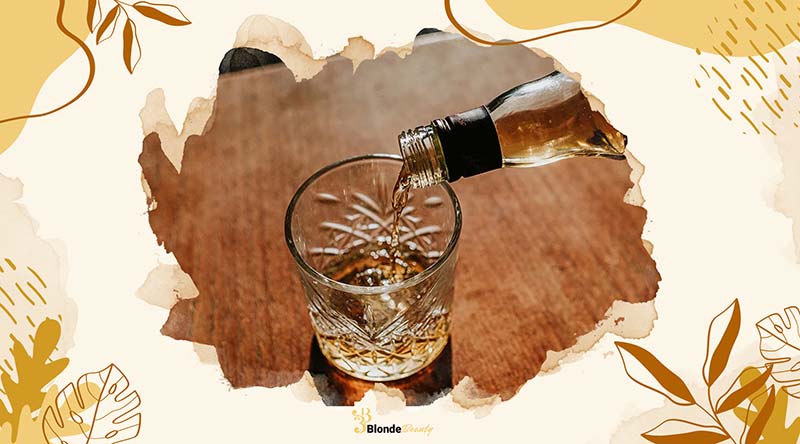
Flaxseed
Rich in lignans, flaxseed might lower testosterone levels by binding to testosterone and expelling it from the body. However, more research is needed to confirm its effects.
Licorice Root
Licorice root has weak anti-androgen properties and may lower testosterone levels, as suggested by some studies. However, further human-based clinical research is required.
Peppermint and Spearmint
These herbs might lower testosterone levels, as indicated by some studies involving rats and women. However, human-based research is needed for conclusive evidence.
Vegetable Oils
High levels of polyunsaturated fatty acids in vegetable oils may decrease testosterone production, as suggested by research on men with hypogonadism and Japanese men.
While these foods and dietary elements might have an impact on testosterone levels, moderation is key. Always consult with a healthcare professional for personalized advice regarding dietary choices and hormonal health.
Notes:
- Moderation Is Key: Consuming these foods in moderation is unlikely to have a significant impact on testosterone levels.
- Consult a Professional: Always seek advice from a healthcare provider before making significant dietary changes, especially if you have concerns about hormonal balance or testosterone levels.
What Else Kills Testosterone?
Your testosterone levels aren’t solely influenced by the foods you eat. Several other factors can also contribute to hormonal imbalances or low testosterone, including:
- Aging: Testosterone levels naturally decline with age, which can contribute to lower testosterone levels in older individuals.
- Medications: Certain medications, such as opioid pain medications and steroids, can impact the function of your pituitary gland, which regulates testosterone production.
- Health Conditions: Conditions affecting the pituitary gland can also influence testosterone levels.
- High Body Fat: Excess body fat, particularly abdominal fat, has been linked to lower testosterone levels.
- Stress: Severe emotional or physical stress can disrupt hormonal balance, potentially leading to lower testosterone levels.
- Inherited Conditions: Genetic conditions affecting the testicles, such as undescended testicles or Klinefelter syndrome, can impact testosterone production.
- Acquired Conditions: Certain acquired conditions, like testicular cancer, can affect testosterone levels.

How to Increase Your Testosterone Levels?
When it comes to naturally boosting testosterone levels, there are several potential strategies and lifestyle that worth exploring and incorporating into your daily routine:
- Embracing a balanced diet with a focus on fresh foods
- Moderating food intake to avoid excess
- Maintaining a healthy weight and preventing obesity
- Engaging in regular exercise
- Ensuring sufficient nightly sleep
Conclusion
In conclusion, while there isn’t a single food that directly lowers testosterone, maintaining a healthy diet can positively impact testosterone production. Just as some foods offer more health benefits than others, certain foods may have negative effects on testosterone levels, potentially landing them on a list of testosterone-lowering foods.
Soy products, alcohol, specific fats, and mint are among the items that may influence testosterone production negatively. However, further research is necessary to fully understand the extent of their impact.
Instead of solely focusing on individual foods, it’s important to recognize the essential chemicals within your body that can impact testosterone levels. Your diet is just one piece of the puzzle when it comes to influencing testosterone production, and it’s best approached as part of a holistic strategy for maintaining hormonal balance.
If you have concerns about your testosterone levels or sexual health, seeking guidance from a healthcare provider is advisable. They can offer valuable insights into potential causes of low testosterone and recommend appropriate treatment options.
For individuals with sexual health concerns, exploring resources such as online premature ejaculation treatments and erectile dysfunction medications can be helpful in addressing these issues comprehensively.
Visit other Blondebeauty articles to gain more health knowledge.

Laureate Professor Clare Collins
Professor Clare Collins is a leading expert in nutrition and dietetics at the School of Health Sciences, part of the College of Health, Medicine and Wellbeing. Her work is changing the way we think about food and health. She grew up as one of nine children and was the first in her family to finish high school and go to college. This background gave her a strong work ethic and a deep appreciation for seizing opportunities.
As the Director of the Hunter Medical Research Institute’s Food and Nutrition Program and a recipient of three NHMRC Research Fellowships, Professor Collins is making a big difference in public health. She focuses on helping people who are often overlooked, using new technologies like apps and online programs to improve their nutrition and reduce the risk of chronic diseases.
Professor Collins is well-respected and has been recognized as a Fellow in four major health and science organizations. She leads a diverse team of experts, including dietitians, computer scientists, and engineers, working together on global health projects.
Her achievements are impressive. She has received over $29 million in research funding, published more than 450 papers, and helped 35 PhD and Master’s students complete their degrees. She’s also active in sharing her knowledge with the public. She has developed tools like the Australian Eating Survey and the Healthy Eating Quiz, and she often appears in the media to talk about nutrition.
PUBLISHED ARTICLES
- Collins, C. (2019). “The Effect of a Pilot Dietary Intervention on Pain Outcomes in Patients Attending a Tertiary Pain Service.”
- Collins, C. (2022). “Variation in cardiovascular disease risk factors among older adults.”
- Collins, C. (2022). “Evaluation of an online intervention for improving stroke survivors’ health-related quality of life: A randomised controlled trial.”
These articles show Professor Collins’s commitment to understanding how better nutrition can improve health. Her work is important for researchers, doctors, and anyone interested in healthy living.
